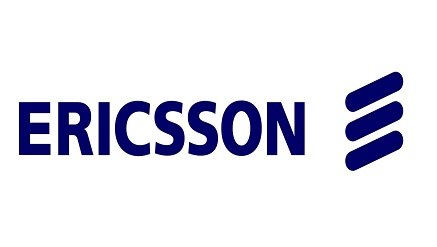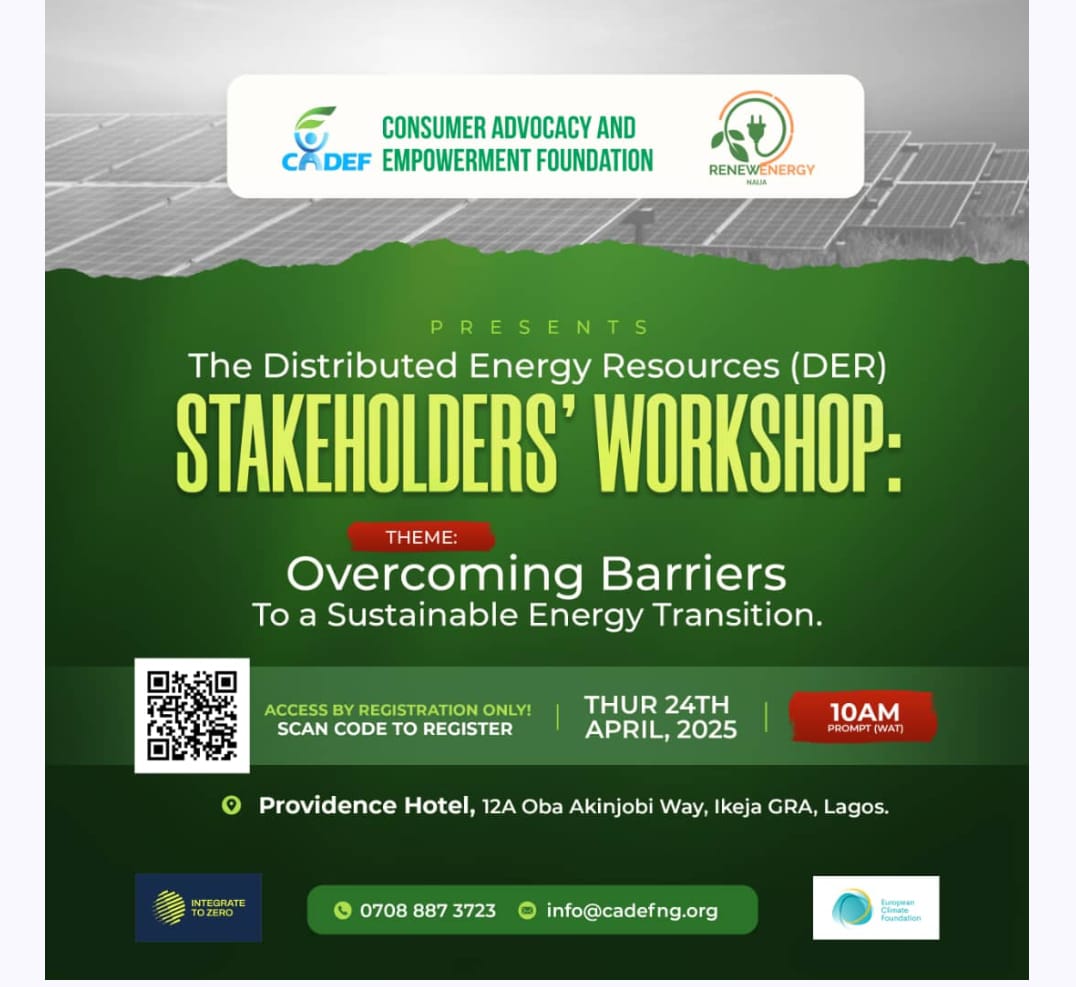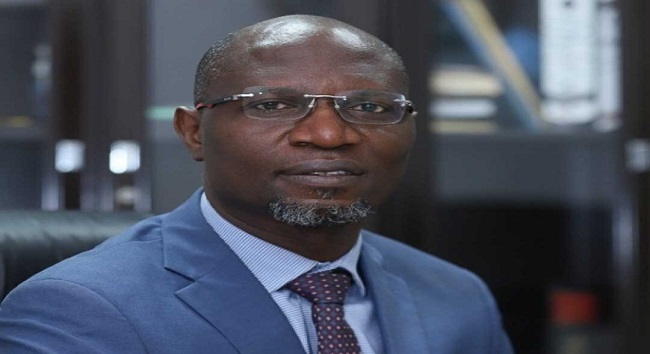News
Ericsson ConsumerLab Report Charts Growing Use of Communication Apps

Ericsson has released a new report from Ericsson ConsumerLab, titled Communication in the World of Apps. The report examines how users interact with their smartphone apps and what the future may look like as technology continues to evolve.
It also explores cultural variations in app usage and how multiple communicator personalities have emerged based on how people use their smartphones.
The report is based on analysis of on-device measurement data. The data has been gathered from smartphone users in India, Japan, South Korea, the UK and the USA.
Although smartphones have a wide range of functions such as entertainment, games and photography, communication continues to be the dominant activity.
More than 30 percent of the time spent on smartphones is spent on communicating through voice, instant messaging, voice over internet protocol (such as Skype), emails and social networking. Communication apps have a higher dependency on mobile broadband usage, due to their “always on” status.
“We found that 40-50 percent of data consumption for communication apps uses mobile broadband, whereas the corresponding figure for video is just 20 percent,” said Swetleena Swain, senior advisor at Ericsson ConsumerLab.
The report also demonstrates that culture and language influence communication patterns and the adoption of communication apps. Smartphone users in the UK and USA make more voice calls while the Japanese and South Koreans prefer to text message and use locally-developed communication apps.
“Typically, the US apps are designed for an English-speaking audience, so it’s not surprising that these are predominant in English-speaking countries,” said Swain.
Interest is also growing in visual apps, such as Pinterest and Instagram, which have both seen significant growth over the past twelve months.
Similarly, the growing popularity of Snapchat shows that younger users have a preference for visual apps with enhanced privacy features. This also accounts for the decline in use of Facebook among younger users, who do not want their parents to view their posts.
The report also imagines future forms of communication, such as communication with wearable technology and with robots.
In a study across 10 major cities, half of all smartphone users believed that smart assistants that you could talk to for advice or ask to make reservations would become mainstream within the next twelve months.
It remains to be seen how significant the trend will be.
Ericsson ConsumerLab gains its knowledge through a global consumer research program based on interviews with 100,000 individuals each year, in more than 40 countries and 15 megacities – statistically representing the views of 1.1 billion people.
Both quantitative and qualitative methods are used, and hundreds of hours are spent with consumers from different cultures.
Ericsson is the driving force behind the Networked Society – a world leader in communications technology and services.
Its long-term relationships with every major telecom operator in the world allow people, business and society to fulfill their potential and create a more sustainable future.
Ericsson services, software and infrastructure – especially in mobility, broadband and the cloud – are enabling the telecom industry and other sectors to do better business, increase efficiency, improve the user experience and capture new opportunities.
News
UN Says Billion-Dollar Cyberscam Industry spreading Globally

Crime syndicates have made billions scamming victims in Asia and are now expanding their operations to Africa, Europe, South America and further, according to a United Nations report on Monday.

The UN said Chinese and Southeast Asian gangs were targeting victims through investment, cryptocurrency, romance and other scams.
According to the United Nations Office on Drugs and Crime (UNODC), cyberscams are now a sophisticated global industry, featuring sprawling compounds housing tens of thousands of mostly trafficked workers who are forced to con other people online.
“It spreads like a cancer,” said Benedikt Hofmann, UNODC Acting Regional Representative for Southeast Asia and the Pacific said. “Authorities treat it in one area, but the roots never disappear; they simply migrate.”
While the activity had largely been focused on the border areas in Myanmar, a country torn by civil war, and dubious “special economic zones” set up in Cambodia and Laos, UNODC reported networks are expanding their operations to South America, Africa, the Middle East, Europe and some Pacific islands.
“This reflects both a natural expansion as the industry grows and seeks new ways and places to do business, but also a hedging against future risks should disruption continue and intensify in Southeast Asia,” Hofmann added.
Countries in east and southeast Asia lost an estimated $37 billion (€32.5 billion) to cyber fraud in 2023, while the United States reported more than $5.6 billion (€4.9 billion) in losses the UNODC report said.
There were also raids in Cambodia, but they prompted the crime syndicates to move to “more remote locations” and border areas.
Cambodian government spokesman Pen Bona said the country is among the victims of the cyberfraud industry and is committed to fighting it.
According to Bona, the government has established an ad-hoc commission chaired by Prime Minister Hun Manet which seeks to boost law enforcement and legal tools while working with international partners and the UN.
UNODC urged the international community to act, saying it was at a “critical inflection point.”
According to the UN, staying aside would have “unprecedented consequences for Southeast Asia that reverberate globally.”
News
CADEF Hosts Workshop to Drive Distributed Energy Solutions in Nigeria

Consumer Advocacy and Empowerment Foundation (CADEF) a leading not for profit organisation in consumer rights and advocacy in Nigeria has announced a high-level Distributed Energy Resources (DER) Stakeholders’ Workshop scheduled to hold on Thursday, April 24, 2025, at The Providence Hotel, Ikeja GRA, Lagos.

Themed “Overcoming Barriers to a Sustainable Energy Transition”, the workshop aims to provide a platform for robust dialogue and action among policymakers, energy sector experts, investors, development partners, and clean energy advocates.
The Federal Government of Nigeria had in May 2015 approved the National Renewable Energy and Energy Efficiency Policy (NREEEP) as well as the National Determined Contribution (NDC), 2015, which seeks to increase the share of on-grid renewable energy in the total electricity supply from 1.3% in 2015 to 30% in 2030.
As Nigeria pursues its Vision 30:30:30 to generate 30,000MW of electricity by the year 2030, with 30% from renewable energy, CADEF with other experts in the sector will through the stakeholders workshop provide practical and scalable DER solutions, with sessions addressing access to Solar Financing and Investment Opportunities, DER integration strategies and grid resilience, policy and regulatory developments, emerging technologies and case studies.
Speaking ahead of the event, Prof. Chiso Ndukwe-Okafor, Executive Director of Consumer Advocacy and Empowerment Foundation (CADEF), stated: “This workshop is not just about dialogue, it’s about driving action. Distributed energy resources hold the key to unlocking sustainable and inclusive energy access, especially for underserved communities. Through this engagement, we aim to foster cross-sector collaboration and equip stakeholders with the tools and insights needed to scale solutions that work.”
Participants will gain first-hand insights from trailblazers in the clean energy space, while shaping policy and investment discourse on Nigeria’s energy transition. With a rapidly growing demand for reliable electricity, DER technologies such as solar mini-grids, battery storage, and hybrid systems are increasingly vital for Nigeria’s energy mix.
Lovelyn Okafor, CADEF’s Director of Programmes, emphasized the significance of the workshop: “The time is ripe to leverage distributed energy innovations to build a resilient and inclusive energy future. We are bringing together voices that matter, from grassroots change-makers to top-tier investors and government officials to spark lasting transformation.”
Consumer Advocacy and Empowerment Foundation has been at the fore, driving change in the renewable energy sector through some key innovative interventions such as the unveiling of the Distributed Energy Resources (DER) one-stop shop at der.cadefng.org in 2024, a digital platform created to revolutionize how stakeholders and businesses across the DER ecosystem perceive, access and manage energy solutions.
CADEF also announced the launch of the greenlabs programme in collaboration with Jacob’s Ladder Africa, an initiative designed to inspire, equip, and empower young Nigerians to create sustainable, climate-smart solutions that address critical environmental and socio-economic challenges.
Sessions during the workshop will include a live demonstration of the newly launched DER platform (Renew Energy Naija) at DER.CADEFNG.ORG, panel discussions on financing and incentives, public-private partnerships and international collaborations.
CADEF believes that by strengthening multi-stakeholder collaboration, Nigeria can unlock the full potential of decentralized renewable energy, boost energy access, and empower millions of underserved households and businesses.
The workshop is strictly by confirmed registration and part of CADEF’s broader commitment to advancing energy equity and sustainability through advocacy, innovation, and capacity building.
For inquiries or partnership opportunities, please contact: info@cadefng.org | +234 (0) 7088873723
News
SEC Cracks Down on Influencers, Bloggers Promoting Fraudulent Investment Schemes

Securities and Exchange Commission (SEC) has issued a stern warning to social media influencers, bloggers, and celebrities, urging them to desist from promoting unregistered and fraudulent investment schemes. The warning was issued by the SEC’s Director-General, Dr Emomotimi Agama, in a notice released on Sunday in Abuja.

Dr Agama noted that the Commission is working in close collaboration with the Economic and Financial Crimes Commission (EFCC), the Nigeria Police Force, and other relevant government agencies to identify and prosecute those found guilty of flouting investment regulations.
Highlighting the provisions of the newly enacted Investments and Securities Act (ISA) 2025, Dr Agama said the law specifically targets the promoters of unregistered investment schemes, including individuals who use their platforms to endorse such ventures.
“The law also covers influencers and bloggers who promote fraudulent schemes, with clear penalties, including imprisonment,” he stated.
Citing the recent collapse of CBEX—a digital investment platform accused of defrauding Nigerians of over ₦1.3 trillion—Agama described the incident as a stark reminder of the dangers posed by unregulated financial platforms. CBEX allegedly promised unrealistic returns and falsely claimed international partnerships.
“The collapse of CBEX underscores the urgency of our crackdown. We are shutting down their operations, and the promoters will face the full weight of the law,” he added.
Agama reiterated the Commission’s resolve to protect investors and develop Nigeria’s capital market. He urged Nigerians to verify any investment opportunity with the SEC before committing their money, advising: “If it sounds too good to be true, it probably is.”
He also reassured the public of the SEC’s capability to detect and shut down Ponzi schemes, stating, “We have dealt with similar schemes in the past and will continue to do so, leveraging the powers of the ISA 2025 to safeguard investors.”
In a bid to strengthen regulatory oversight, the SEC has established dedicated departments tasked with monitoring market activities and conducting inspections aimed at detecting irregularities early.
“These proactive measures are designed to prevent large-scale frauds like CBEX from recurring,” Dr Agama said.
He concluded by emphasising the significance of the ISA 2025 as a critical tool in securing the Nigerian investment landscape and building a resilient and transparent financial market.

 Telecom2 days ago
Telecom2 days agoMTN Nigeria Takes Broadband Services to the Next Level with FibreX Launch

 News2 days ago
News2 days agoSERAP Files Lawsuit Against NBC Over Ban on Eedris Abdulkareem’s Protest Song Tell Your Papa

 Telecom23 hours ago
Telecom23 hours agoDigital Transformation Remains Africa’s Gateway to Economic Advancement – Adumike

 Telecom23 hours ago
Telecom23 hours agoPAFON 2.0: Experts Discuss Pathways to Boost Financial Inclusion in Nigeria

 E-Financial2 days ago
E-Financial2 days agoFCMB Group Redefines Corporate Storytelling with The Power Of The Group TVC

 E-Financial23 hours ago
E-Financial23 hours agoCBN, NGX Group Defend Economic Reforms at Nasdaq

 General News23 hours ago
General News23 hours agoEFCC Clarifies SCUML Certificate Misuse amid CBEX Ponzi Scheme Scandal

 General News23 hours ago
General News23 hours agoFlashChange Partners Ruth Foundation to Empower Vulnerable Children in Alimosho with Skill Acquisition












